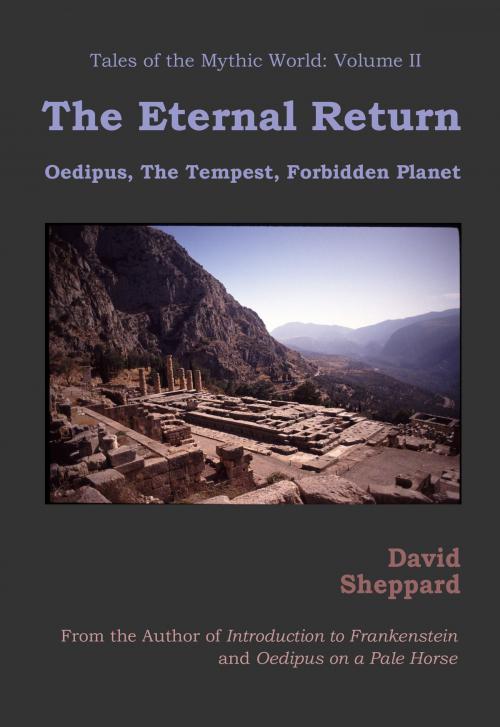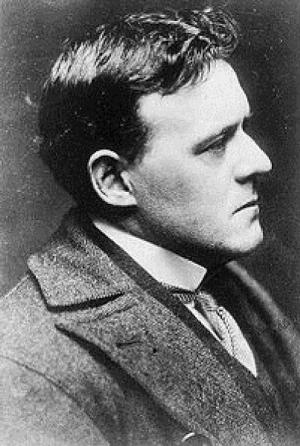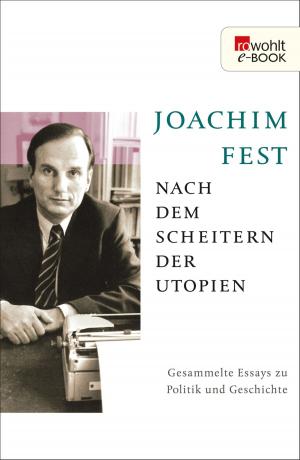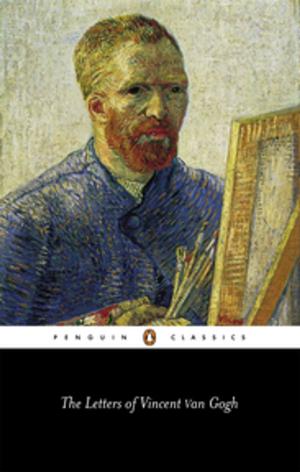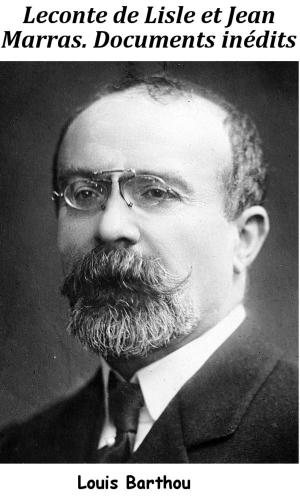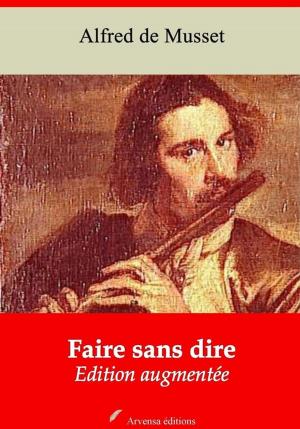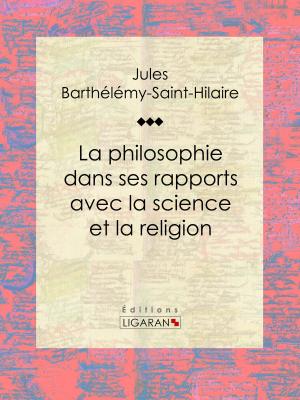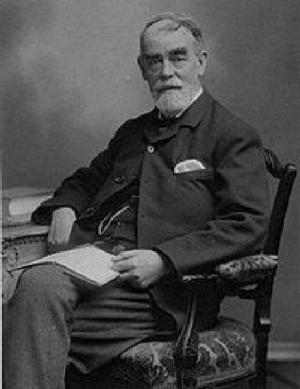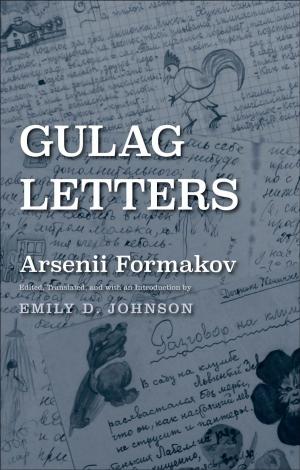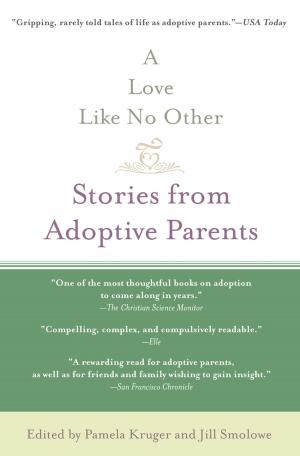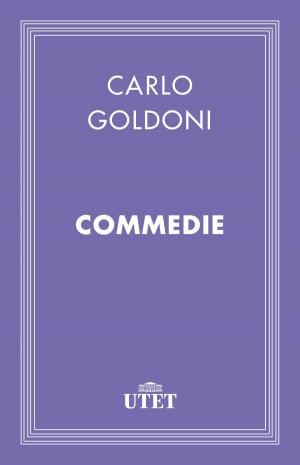The Eternal Return: Oedipus, The Tempest, Forbidden Planet
Nonfiction, Entertainment, Film, History & Criticism, Performing Arts, Fiction & Literature, Essays & Letters, Essays| Author: | David Sheppard | ISBN: | 9781476283661 |
| Publisher: | David Sheppard | Publication: | March 15, 2012 |
| Imprint: | Smashwords Edition | Language: | English |
| Author: | David Sheppard |
| ISBN: | 9781476283661 |
| Publisher: | David Sheppard |
| Publication: | March 15, 2012 |
| Imprint: | Smashwords Edition |
| Language: | English |
Father/daughter stories have resonated with readers throughout history, and this current narrative depicts three such relationships encountered in (1) ancient myth, (2) the Elizabethan stage, and (3) modern cinema. Volume one, Introduction to Frankenstein, of this the Tales of the Mythic World series dealt peripherally with the relationship between Mary Shelley, the author of Frankenstein, and her father, the philosopher William Godwin. In this second volume, titled The Eternal Return, we encounter more directly three literary relationships: Oedipus and Antigone from Sophocles' Oedipus at Colonus, Prospero and Miranda from Shakespeare's The Tempest, and Morbius and Altaira from the 1956 movie Forbidden Planet.
The reason for treating all three in a single narrative is that they are related. Forbidden Planet is a known derivative of The Tempest, but The Tempest is also related to Oedipus at Colonus, either intentionally or not, and the totality of the Oedipus myth is related to Forbidden Planet. The relationship between all three goes even deeper through what the psychologist Carl Jung called the Collective Unconscious. So come with the author as he explores this amazing phenomenon of the human psyche called the Eternal Return.
Father/daughter stories have resonated with readers throughout history, and this current narrative depicts three such relationships encountered in (1) ancient myth, (2) the Elizabethan stage, and (3) modern cinema. Volume one, Introduction to Frankenstein, of this the Tales of the Mythic World series dealt peripherally with the relationship between Mary Shelley, the author of Frankenstein, and her father, the philosopher William Godwin. In this second volume, titled The Eternal Return, we encounter more directly three literary relationships: Oedipus and Antigone from Sophocles' Oedipus at Colonus, Prospero and Miranda from Shakespeare's The Tempest, and Morbius and Altaira from the 1956 movie Forbidden Planet.
The reason for treating all three in a single narrative is that they are related. Forbidden Planet is a known derivative of The Tempest, but The Tempest is also related to Oedipus at Colonus, either intentionally or not, and the totality of the Oedipus myth is related to Forbidden Planet. The relationship between all three goes even deeper through what the psychologist Carl Jung called the Collective Unconscious. So come with the author as he explores this amazing phenomenon of the human psyche called the Eternal Return.
